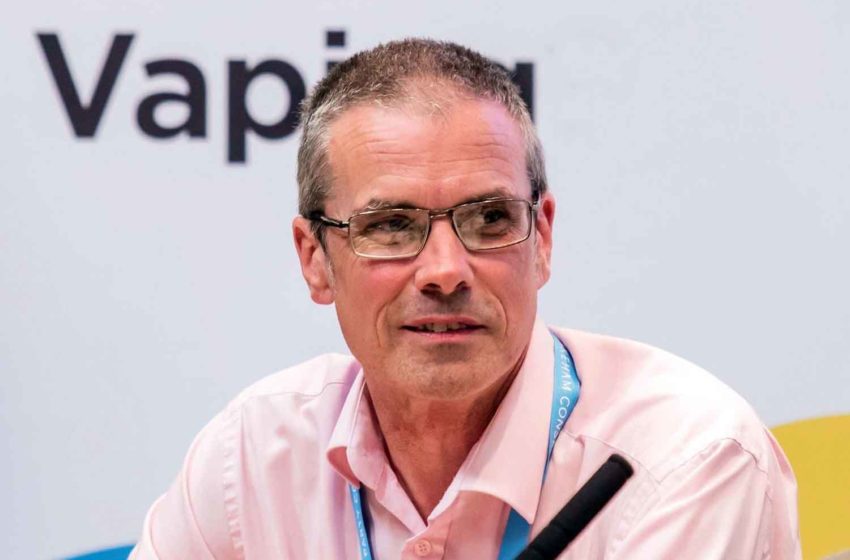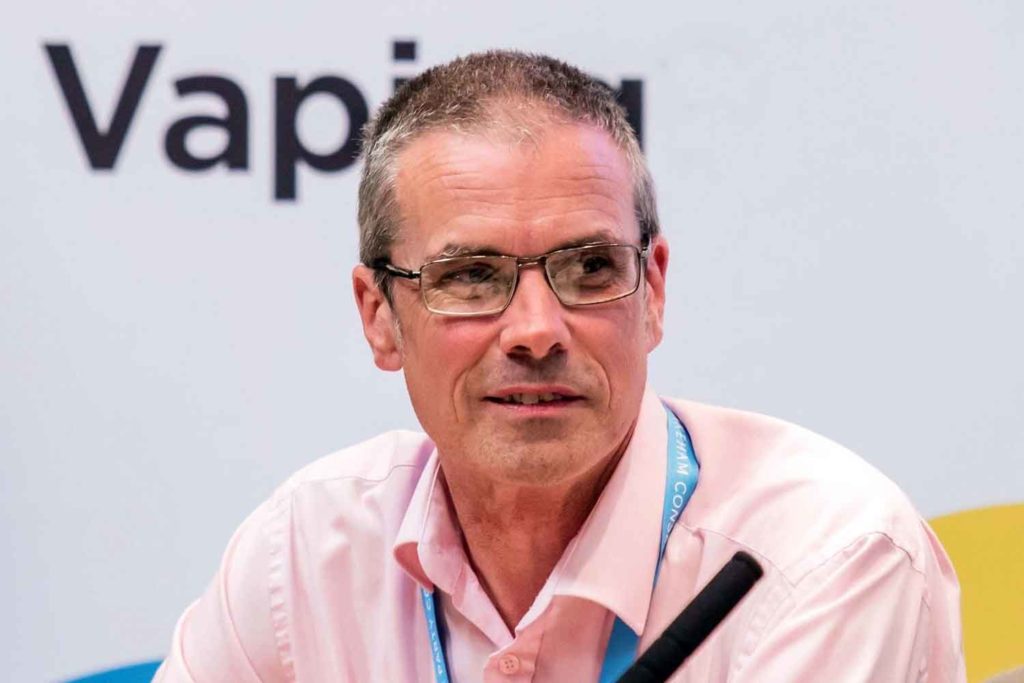
A U.S. District Court in California has dismissed a lawsuit filed by NJOY, the vape subsidiary of Altria Group, against multiple manufacturers, distributors, and retailers of disposable vapes. However, the case against IMiracle, the manufacturer of Elf Bar, has not been dismissed.
NJOY filed the lawsuit last October. The company alleges that the companies named in the suit are selling products illegal in California and the United States. NJOY asked for a nationwide injunction that would prevent future importation and sale of the products, and compensatory and punitive damages paid to NJOY.
Among the companies charged were manufacturers and distributors of Breeze, Elf Bar, Esco Bar, Flum, Juice Box, Lava Plus, Loon, Lost Mary, Mr. Fog and Puff Bar. Together the brands make up the majority of the U.S. disposable vape market.
The dismissal order was entered on Jan. 18 by Judge Terry J. Hatter Jr. of the U.S. District Court for the Central District of California. The court found that the defendants did not participate in “the same transaction, occurrence, or series of transactions or occurrences,” and therefore were improperly joined in the lawsuit. Because of that, Judge Hatter dropped all parties from the suit except the first named defendant, IMiracle, according to media reports.
The judge entered the orders “without prejudice” allowing NJOY to refile against the dismissed defendants individually or in smaller groups with demonstrable relationships. The court also dismissed NJOY’s claim of unfair competition and its motion for a preliminary injunction barring sales and distribution by the defendants.
The court denied NJOY’s motion to serve IMiracle, the manufacturer of Elf Bar headquartered in Hong Kong, by email, citing an established international process, the Hague Convention, for serving legal notice to foreign defendants.
NJOY’s lawsuit against IMiracle cannot proceed until the Chinese manufacturer is served notice.



















